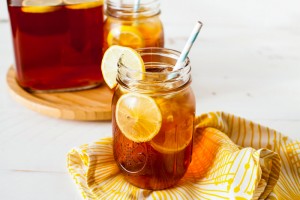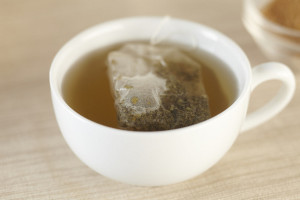Should you peel your fruits and vegetables?

There’s no doubt about the health benefit of eating fruits and vegetables. But people hold different opinions towards whether or not they should be consumed without the skin. The main reason for eating after peeling is that it can avoid pesticides to maximization. However, knowing that peeling also means removing the most nutritional part of the food, will you still do that? In this essay, we’ll show you the nutrition fruits and vegetables have and on which occasion you should and should not peel them.
Peels are rich in fiber

Research shows that fruit and vegetable peels contain a much higher amount of fiber than the pulp, possibly up to one-third. The key role of fiber in your body is to help you keep full and reduce appetite for longer. Viscous fiber, a type of fiber found in fruits and vegetables, are especially good at keeping you full. In addition, fibers can feed the friendly bacteria in your gut and produce short-chain fatty acids, which will further enhance the feeling of satiety. Therefore, if you want to be less crazing for more food, or if you trying to lose weight, just eat fruits and vegetables with the skin.
Peels contain more antioxidants

Fruits and vegetables are rich in antioxidants, which is a compound that can fight against free radicals. Free radicals, known as an unstable matter that can damage cells, will accumulate day by day and accelerate aging and lead to lots of diseases. Luckily, with the help of antioxidants, you will be less likely to get these diseases or certain types of cancer. According to research, fruits and vegetables contain more antioxidants on the skin than the pulp. If you want to make the most of antioxidants, do not discard the peels next time.
What to peel, and what not to peel

Although fruit and vegetable peels have so much nutrition, you should note that certain types of them are inedible and you’d better remove the peel before you eat, including avocados, bananas, pineapples, melons, and onions. Some vegetables are edible, but they can only be consumed after cooking, such as pumpkins. Nevertheless, there are still many fruits and vegetables with edible peels: grapes, apple, cherries, peach, carrot, cucumber, potato etc. They will surely benefit you with fiber, minerals, antioxidants and more nutrition. Of course, if you worry that some peels may be coated with a layer of wax or you are just afraid of pesticides, peeling them can be the best choice for you.
Read More:















